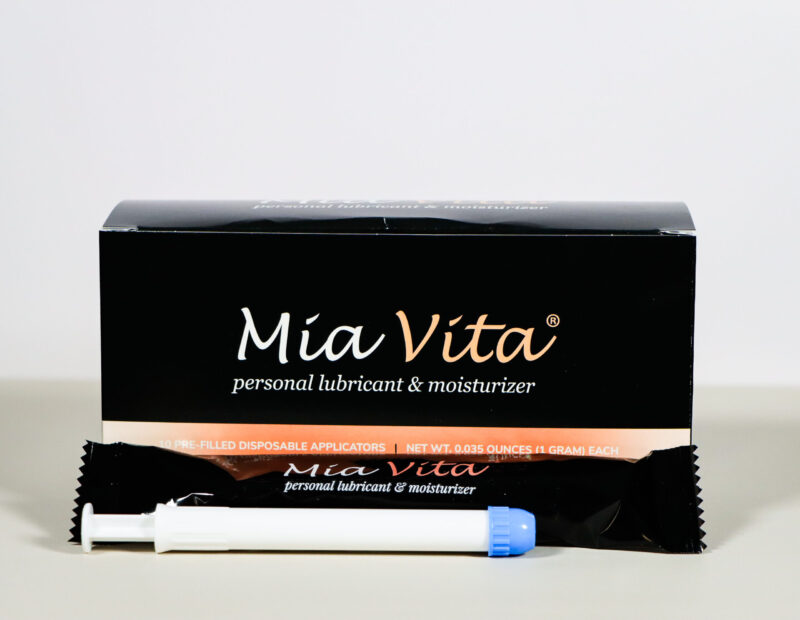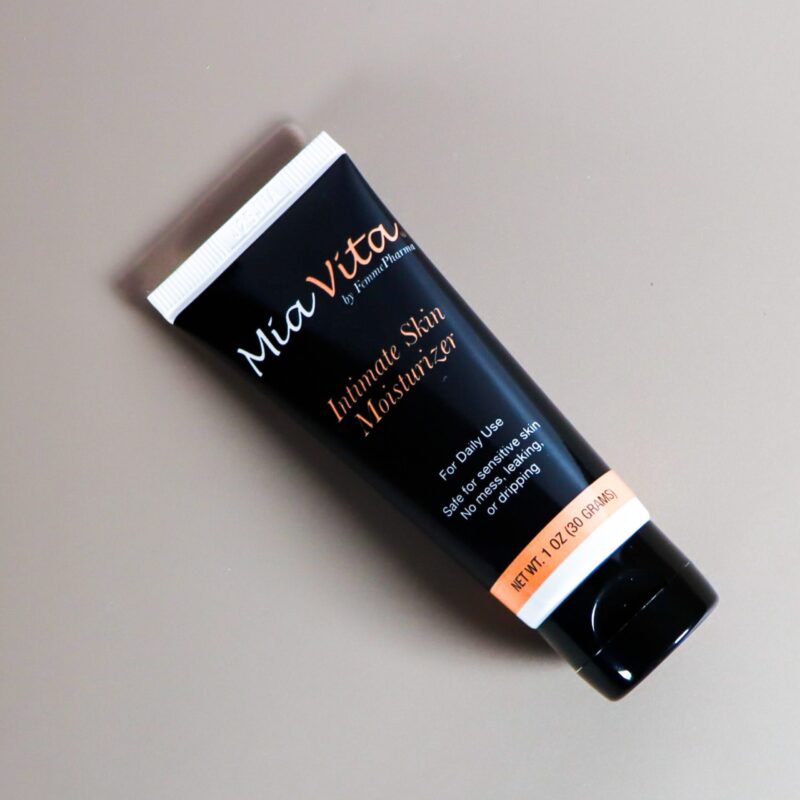Up to 60% of women will experience a urinary tract infection (UTI) at least once in their lives, and the risk increases with age. Among women over 65, 10% develop a UTI an average of once per year. Read on to learn how to prevent and treat this pesky—and potentially serious—infection.
The main cause of UTIs is bacteria from the rectum and perinium. Through a variety of means, such as improper hygiene, having sex, and using spermicides and diaphragms during sex, bacteria can find their way to the opening of the urethra. Once there, if the bacteria become established, they will cause infection and inflammation of the urethra, known as urethritis. A handful of bacterial species cause the majority of UTIs, though most often the culprit is E. coli.
Why do UTIs increase in menopause?
Estrogen is a hard-working hormone that affects the functioning of a number of organs throughout the body, including those of the urinary tract. As estrogen levels decline during perimenopause and menopause, changes to the reproductive and pelvic organs lead to an increased risk for UTIs.
Throughout a woman’s reproductive years, estrogen helps maintain an acidic environment in the vagina, which inhibits overgrowth of bacteria like E. coli and others while favoring the presence of acid-loving bacteria like Lactobacillus acidophilus. In this way, the vagina develops a unique microbiome.
Concurrently, the wall of the vagina becomes thinner and less lubricated and more vulnerable to colonization of pathogenic bacteria which can then find their way to the nearby opening of the urethra and cause a UTI.
The bladder is also affected by the loss of estrogen. With menopause, changes to the lining of the bladder occur and have been shown to alter the bladder’s normal microbial environment, known as the urobiome, contributing to an increased susceptibility to UTIs.
Declining estrogen levels also cause the pelvic muscles to weaken, which can lead to shifting or prolapse of the pelvic organs. As a result, problems with bladder control can develop; the bladder may leak, which can lead to a UTI, or the bladder may not empty completely, in which case the residual urine in the bladder can promote bacterial growth in the bladder.
Finally, in the elderly, confusion is often seen together with UTIs and has been thought to be a symptom of UTIs. This has led to overdiagnosis and overuse of antibiotics in this age group. While a direct cause has not been found, it is known that cognitive impairment can lead to lack of ability to properly process and respond to the signal to urinate, which could help explain the association.
UTI symptoms to look out for
UTIs generally start in the urethra and, if they go untreated, can work their way up the urinary tract with a range of progressing symptoms.
Symptoms of urethritis may include increased urgency to urinate, needing to urinate frequently, feeling as if you can’t fully empty your bladder, leakage of urine, pain or a burning sensation while urinating, pain during sex, and pelvic pain and/or tenderness. Though symptoms of urethritis can be quite uncomfortable, in some instances, they can go unnoticed, and the infection can advance to the bladder.
A bladder infection may include all of the symptoms of urethritis; additionally, the urine may develop a dark appearance or a foul smell.
A UTI that involves one or both kidneys is a serious condition that can cause long-term kidney damage. A kidney infection can also spread to the bloodstream, causing a life-threatening condition known as sepsis. Symptoms of a kidney infection may include all of the above along with pain in lower back or flank; fever; chills; nausea; and vomiting.
How to prevent UTIs and kidney infections
To prevent UTIs, think hydration and hygiene. Staying hydrated dilutes the urine and keeps it flowing. Urinating frequently, particularly before and after sex, carries bacteria away from the urethral opening. Good hygiene, particularly wiping from front to back, prevents transfer of bacteria.
D-mannose has been found to prevent E. coli from attaching to cells in the bladder.
Cranberry extract is a natural remedy that has been supported by scientific evidence and can help resolve a lower UTI in the early stages.
Probiotic supplementation may also help promote a balance of healthy bacteria in the vagina and urinary tract. In one study, a combination of cranberry extract and probiotics helped reduce recurrent UTIs in a group of 18- to 55-year-old women.
While UTI’s are common, it’s important to note that symptoms of urethritis can also result from a sexually transmitted infection with chlamydia or gonorrhea. Additionally, several underlying health conditions can cause UTI symptoms. Therefore, it’s important to have a medical evaluation to ensure an accurate diagnosis so that you can receive proper treatment.
FemmePharma has been helping women navigate menopause for over two decades. No matter where you are in your journey, you deserve to have knowledgeable, intimate healthcare partners to help you feel your best. Explore our other articles, podcast episodes with women’s health experts, and products to ease your transition into menopause.



